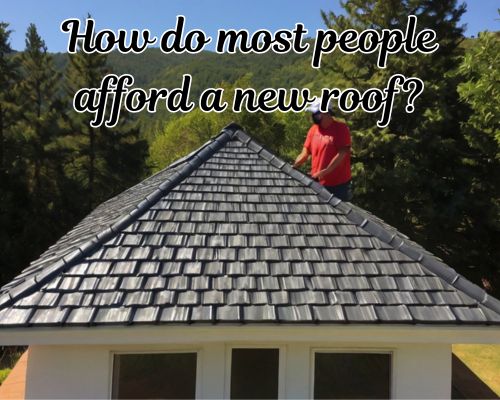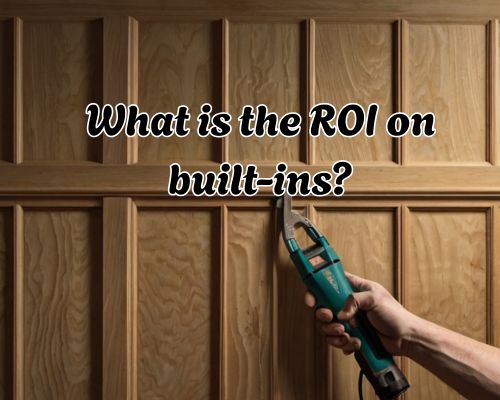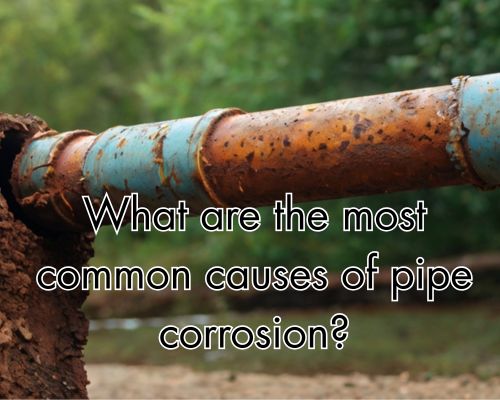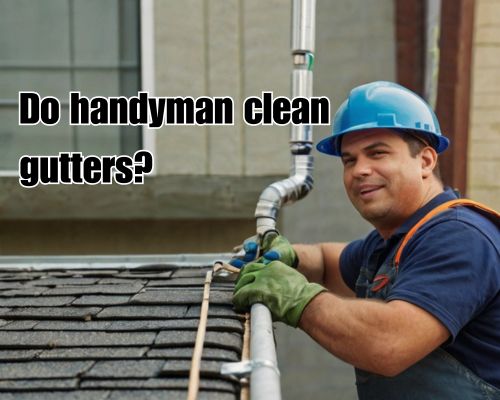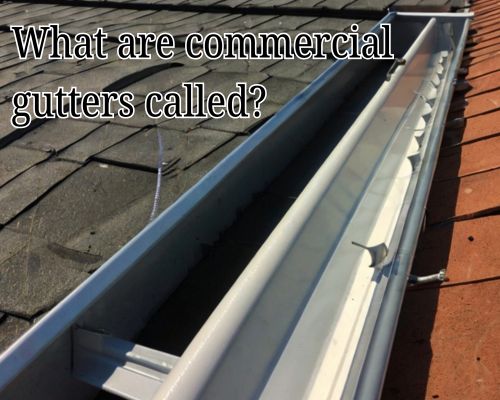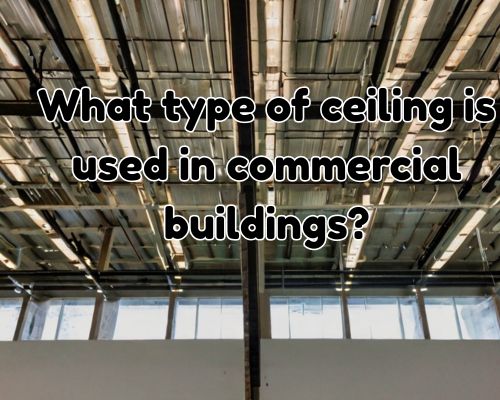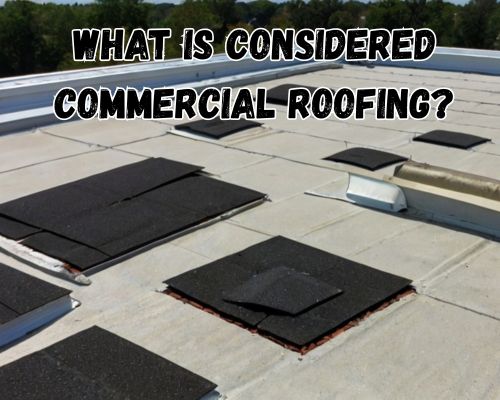Should I Get My Roof Painted? Expert Advice for Homeowners in West Palm Beach, Florida
Should I Get My Roof Painted? Expert Advice for Homeowners in West Palm Beach, Florida
In West Palm Beach, Florida—a place where sun, salt, and storms constantly challenge a home’s exterior—homeowners often ask, “Should I get my roof painted?” While it may seem like a cosmetic decision at first glance, roof painting can actually impact your property’s longevity, energy efficiency, and even resale value.
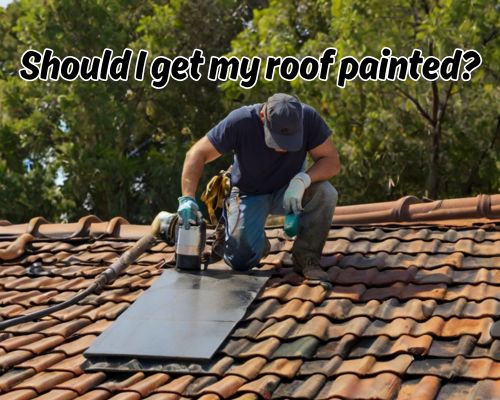
With Star Roofing, let’s explore why roof painting might be the upgrade your West Palm Beach home needs, and how to determine if it’s the right choice for your situation.
Why Roof Painting Matters in a Coastal Climate Like West Palm Beach
Living near the Atlantic Ocean has its perks—ocean breezes, sunshine year-round, and the vibrant tropical ambiance of South Florida. But it also means exposure to ultraviolet radiation, salt air corrosion, and seasonal hurricanes. These environmental stressors wreak havoc on roofing materials, particularly on older concrete tiles and metal roofs.
Roof painting acts as a protective barrier against:
- UV degradation (reducing fading, cracking, and warping)
- Salt-laden air (which can corrode metal roofing over time)
- Mold and mildew (especially in humid zones like Palm Beach County)
- Thermal expansion (heat absorption causes structural stress)
In fact, roof coatings have been shown to extend the lifespan of a roof by up to 15 years when applied professionally under the right conditions.
Benefits of Roof Painting: More Than Just Curb Appeal
1. Energy Efficiency Boost
One of the top reasons West Palm Beach residents choose to have their roofs painted is energy savings. Reflective roof coatings, especially in light colors like white or beige, can reduce surface temperatures by 30% or more. This directly lowers your home’s interior temperature and reduces the strain on HVAC systems—particularly beneficial during Florida’s humid summer months.
Tip: Look for Energy Star-certified cool roof coatings or elastomeric paints designed for subtropical climates.
2. Prolonged Roof Lifespan
Painting a roof isn’t just a cover-up. It adds a layer of waterproofing, shields against debris, and seals microscopic cracks that could eventually lead to leaks. For aging concrete tile, metal, or even asphalt shingle roofs, a quality roof paint job may add a decade of functional life.
3. Improved Home Value and Aesthetic Appeal
A freshly painted roof can make a home look new again. In competitive neighborhoods like El Cid or Flamingo Park in West Palm Beach, visual appeal matters. Whether you’re selling soon or just want your house to shine in the HOA newsletter, a roof refresh can be a worthwhile investment.
When Roof Painting Isn’t Worth It
There are times when painting your roof might not be the best idea. For instance:
- Severely damaged or leaking roofs may require repair or full replacement.
- Asphalt shingles can be difficult to paint and may void warranties.
- Improper surface prep (e.g., painting over algae or old paint) can reduce adhesion and performance.
- If your roof is nearing the end of its expected lifespan, painting might delay but not solve underlying structural issues.
How Much Does It Cost to Paint a Roof in West Palm Beach?
Roof painting in West Palm Beach typically costs between $2,000 and $5,500, depending on roof size, material, condition, and access difficulty. Here’s a breakdown of average costs per square foot:
| Roof Type | Average Price (per sq ft) |
|---|---|
| Concrete Tile | $1.20 – $2.00 |
| Metal Roof | $1.50 – $2.50 |
| Flat Roof | $1.00 – $1.80 |
| Asphalt Shingle | $1.00 – $1.50 (if paintable) |
Be sure to get estimates from licensed roofing contractors in West Palm Beach. Look for companies with strong local reputations in areas like Northwood or Palm Beach Lakes.
DIY vs. Professional Roof Painting
Can you paint your roof yourself?
Technically, yes. But the humidity, height, and prep work make it a tough job for the average homeowner. Roofing contractors in South Florida often use high-pressure cleaning, anti-fungal primers, and UV-resistant coatings—tools and techniques that ensure a longer-lasting result.
Professional roof painters will also:
- Identify and fix minor repairs before coating
- Apply coatings uniformly and safely
- Recommend products suited for Florida’s climate (like acrylic, silicone, or polyurethane-based paints)
Hiring a pro might cost more upfront, but it ensures compliance with local Palm Beach County building codes, and often includes a warranty of 5–10 years.
How Often Should You Paint Your Roof in West Palm Beach?
Depending on the material and quality of the paint used, you can expect to repaint your roof every 8 to 15 years. Factors that influence this timeline include:
- Proximity to the ocean (more salt = more corrosion)
- Intensity of UV exposure
- Type of roof material (e.g., metal vs. tile)
- Quality of initial prep and coating
Homes closer to the coast—like those near Flagler Drive or the Lake Worth Lagoon—might benefit from more frequent maintenance due to higher salt air exposure. For professional needs, go to Star Roofing.
Choosing the Right Roof Paint: What to Look For
In Florida’s subtropical environment, it’s crucial to use roof coatings designed to handle intense sun, humidity, and wind-driven rain. Look for these product attributes:
- High solar reflectance (reduces heat absorption)
- Mildew and algae resistance
- Elastomeric properties (allows paint to flex with thermal movement)
- UV stabilization
- Waterproofing capability
Recommended brands commonly used in West Palm Beach include Sherwin-Williams Kool Seal, Henry Tropi-Cool, and BEHR Multi-Surface Roof Paint.
Conclusion: Should You Get Your Roof Painted?
If your roof is in structurally good shape, not too old, and you’re looking for an affordable way to improve energy efficiency and visual appeal, then yes—painting your roof is a smart move in West Palm Beach.
You’ll protect your home against harsh Floridian elements, extend your roof’s life, and potentially slash your energy bills—all without the cost of full roof replacement.
Just remember: quality preparation and using materials suited to the local climate are key. Whether you’re in the historic neighborhoods of Central Park or newer communities like Andros Isle, roof painting is a proactive step that blends form, function, and financial sense.
Call to Action
Want a professional assessment of your roof’s condition? Contact a licensed West Palm Beach roofing specialist today for a no-obligation quote. Make your home cooler, stronger, and more beautiful—starting from the top.


